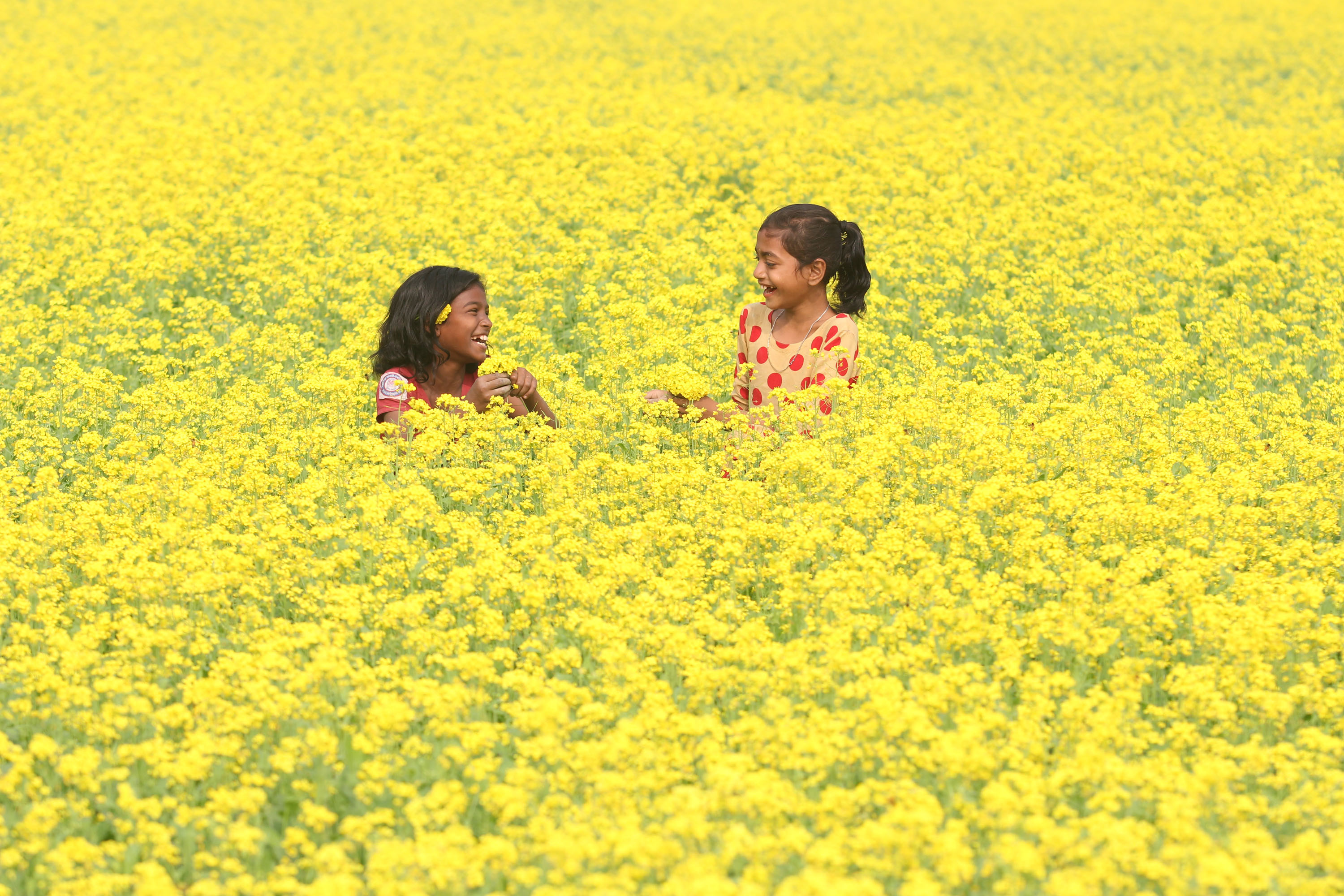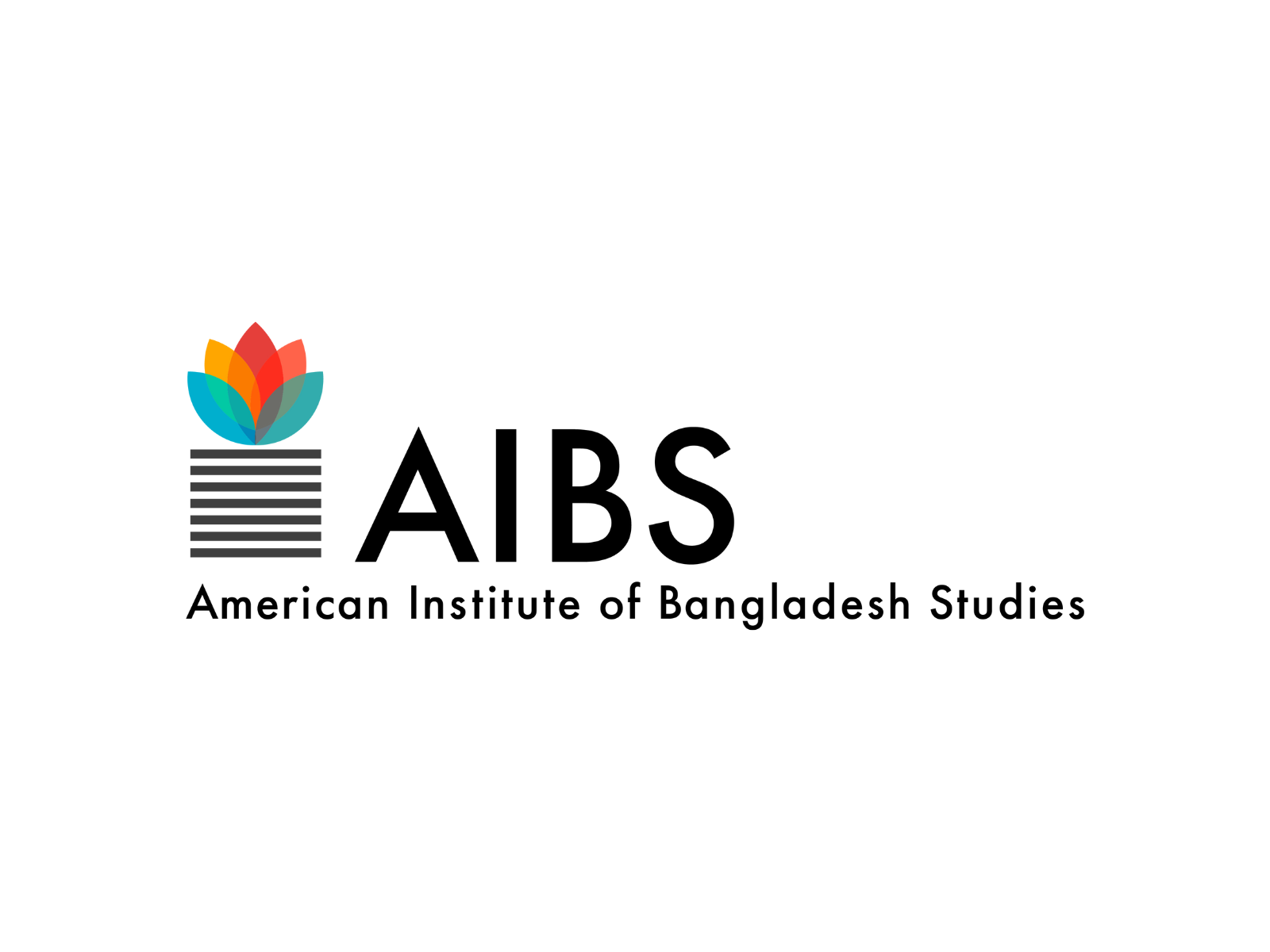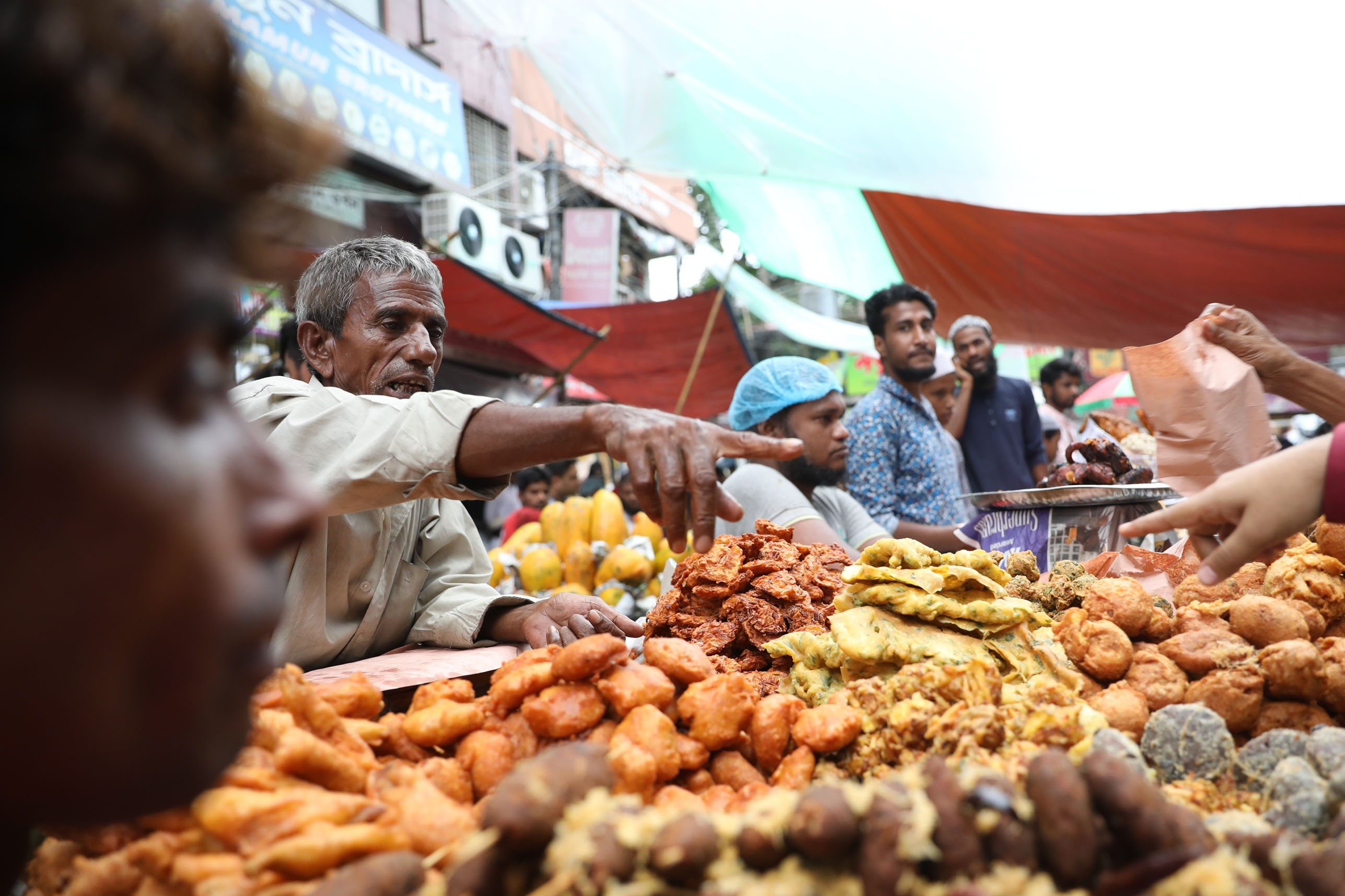
CAORC-AIBS FACULTY DEVELOPMENT SEMINAR
Navigating the Bangladesh Paradox: The Dichotomy of Development
Bangladesh
Seminar Overview
To support community colleges, CAORC offers fully-funded overseas seminars that help faculty and administrators gain the requisite first-hand experience needed to develop and improve international courses, curricula, and teaching materials.
Bangladesh, roughly the size of Michigan, stands as the world's eighth most populous nation, surpassing the population of countries like Russia, Mexico, and Japan. With Bangla/Bengali as its national language, ranking sixth globally in terms of native speakers, Bangladesh boasts a rich linguistic heritage. Despite its significant population and relatively low GDP per capita, the country has made remarkable strides in socioeconomic development in recent years. Key sectors such as agriculture, education, and healthcare have witnessed substantial progress, facilitated in part by the contributions of Bangladeshi NGOs, many of which have emerged locally and played pivotal roles in poverty alleviation efforts. Nonetheless, the nation faces formidable challenges, including governance vulnerabilities and unpredictable global trade dynamics, posing significant threats to the continuity of its developmental achievements.
In collaboration with the Council of Overseas Research Centers (CAORC), the American Institute of Bangladesh Studies (AIBS) will host an overseas faculty development seminar for faculty and administrators from US community colleges and minority-serving institutions in 2025. The seminar will include lectures, site visits, panel discussions, and visual art exhibits covering various aspects of Bangladesh, such as its history, culture, arts, economy, and political landscape.
Over the span of two weeks, participants will witness firsthand the complexities of the "Bangladesh paradox" as it unfolds in the bustling streets of Dhaka, the expansive riverine plains of the world's largest delta, and the serene depths of the Sundarbans, a UNESCO World Heritage Site. Participants will have the chance to witness the transformative impact of microcredit initiatives, which have fostered economic independence. Additionally, the seminar will delve into the dynamics of Bangladesh's ready-made garment industry, employing over 4 million people, predominantly rural women, providing insight into the workings of the global apparel supply chain.
Throughout the program, participants will engage and share their knowledge with university faculty, community leaders, and representatives from Non-Governmental Organizations (NGOs) dedicated to community empowerment and development. This collaborative approach will offer valuable learning opportunities and foster partnerships aimed at addressing pressing issues and fostering positive change. Overall, the overseas faculty development seminar in Bangladesh will offer participants excellent opportunities to gain international experience, with the goal of enhancing and refining international courses, curricula, and teaching materials at their home institutions.
Program Dates: January 2 - 19, 2025
Meet the Bangladesh Seminar Leader
Eligibility
The program is open to full-time or part-time faculty and administrators at U.S. community colleges. The program is open to faculty in all fields, at all academic ranks, and from any academic or administrative department.
Applicants must be U.S. citizens at the time of application and must hold a valid, current U.S. passport that does not expire within six months of the last date of the program.
Applicants may apply to more than one seminar. Each application will be reviewed individually.
Previous Overseas Faculty Development Seminar awardees are requested to observe a one-year waiting period before applying for another program. For example, a January 2025 participant would next be eligible to apply in January 2026, and participate in Summer 2026.
Program Expectations
As an outcome of the Overseas Faculty Development Seminar program, participants are required to develop and implement a project on their campus. Details and examples of these projects will be shared with awardees during pre-departure orientation. Projects should be implemented within one year of the conclusion of the program, at which time participants will be asked to submit a project report and share curriculum and/or documentation of the project for inclusion on CAORC's Open Educational Resources site.
Application Process
Applications can be accessed via CAORC's SM Apply application portal. You must sign up for an account to access the seminar application. This will allow you to save and return to your application before submitting. Please save your login/password information for future applications.
In addition to providing basic personal and professional information, applicants are required to respond to four essay questions (up to 500 words each)
In addition, applicants are required to:
-
Upload a current cv/resume (maximum of 2 pages)
-
Request a letter of support from a department chair, academic division head, or academic dean at your college or institution. You will be able to send a link to your recommender via the online grant portal, SM Apply, by entering their contact details, which will trigger the system into sending an automated email. Your recommender will then be able to upload their letter. Recommendation letters will be confidential in the system.
In their letter, the recommender should address the following questions/points:
-
Please tell us why you support the applicant’s participation in the CAORC faculty development seminar. From your perspective, how will they benefit professionally from the program?
-
Please describe the applicant’s engagement with your institution’s internationalization efforts and how their participation in the seminar might benefit students, colleagues, and the broader campus community.
-
Please discuss the applicant’s collegiality, teamwork, and professionalism. How have they demonstrated the ability to cooperate, work, and share with others to achieve goals and positive outcomes?
-
It is advisable to enter your recommender's contact details into the recommendation letter section of the application as soon as possible (and click 'mark as complete') so that they have sufficient time to complete and upload their letter. The applicant is responsible for checking in with their recommender to ensure the letter is submitted by the recommender deadline. CAORC is not able to reach out to recommenders on behalf of the applicant.
Opening date for applications: March 12, 2024
Application deadline: July 29, 2024 at 5:00pm ET
Recommendation letter deadline: July 31, 2024 at 5:00pm ET
Notification of award decisions: September 6, 2024
If you have questions, please email: fellowships@caorc.org.
This program is no longer accepting applications, please join our mailing list for updates to the Overseas Faculty Development Seminars and other CAORC opportunities
Funding for this program is provided to CAORC through a grant from the U.S. Department of State’s Bureau of Educational and Cultural Affairs





